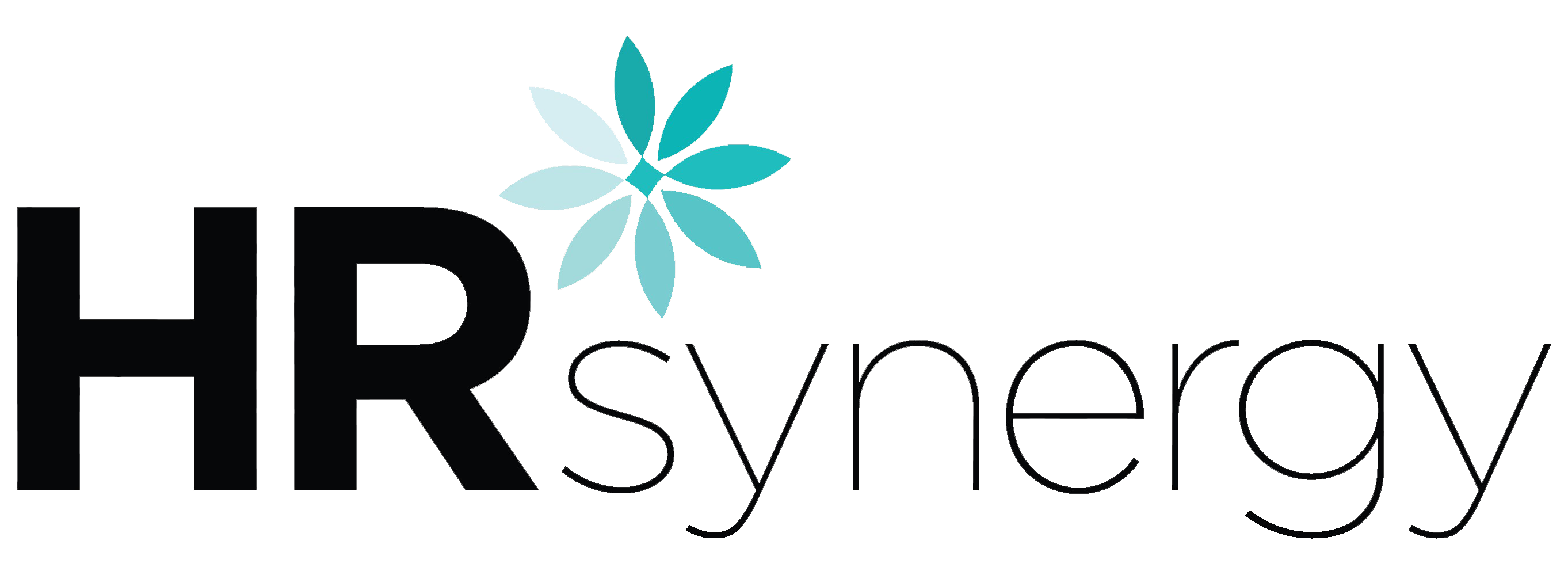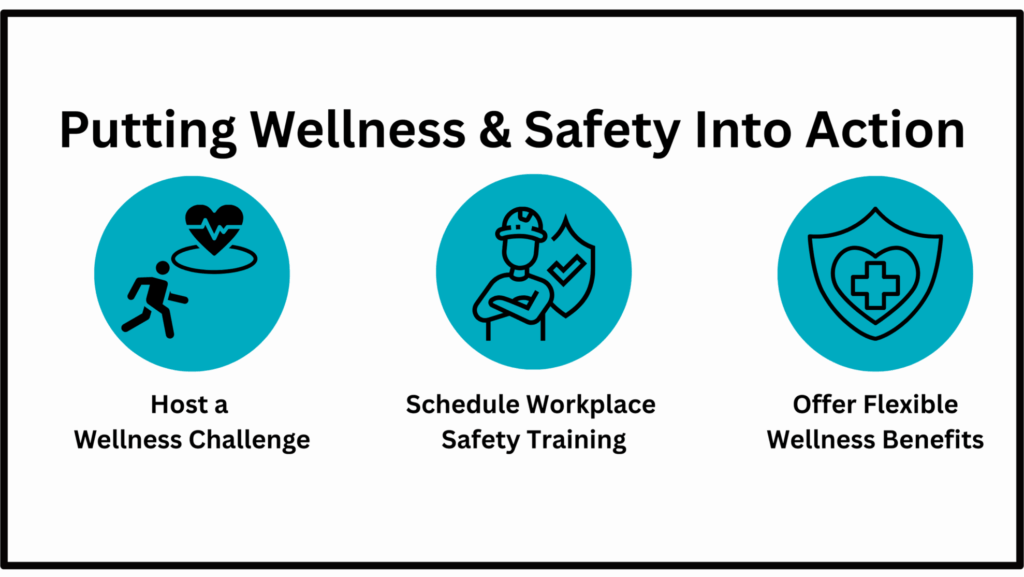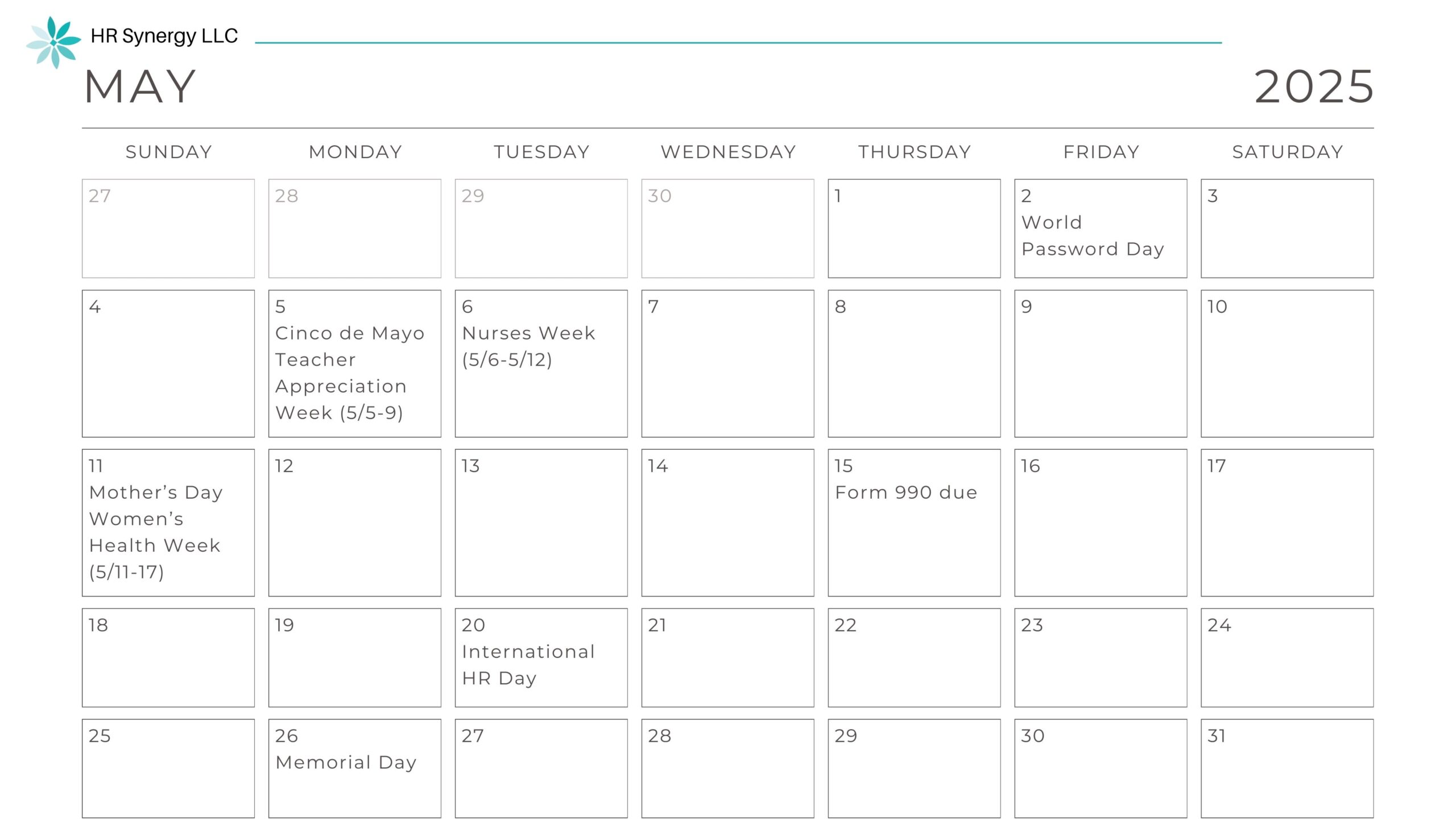Despite the growing awareness around mental health in the workplace, a persistent gap remains between what employees experience and what leaders believe they are delivering. Recent research reveals a troubling mismatch: while many employers believe they’re supporting mental well-being, a significant portion of the workforce disagrees.
This disconnect has serious implications—not just for individual well-being, but for organizational performance and financial sustainability.
The Hidden Cost of Untreated Mental Health
Mental health is not a “nice-to-have” benefit—it’s a business imperative. According to the CDC, 1 in 5 U.S. adults is dealing with a mental health condition. The financial toll is steep: untreated mental health issues can cost organizations up to $60,000 annually, adding up to $105 billion nationwide each year (Center for Prevention and Health Services).
And yet, despite these staggering figures, many employees don’t know about or feel comfortable accessing the mental health benefits their employers offer. Nearly 70% of U.S. workers are unaware or only somewhat aware of the resources available to them. Even more concerning: half don’t feel comfortable using them.
Burnout Is Contagious
Burnout doesn’t just affect the individual—it spreads. About 45% of employees report feeling burned out. Those who are burned out are nearly three times more likely to be job hunting, and less likely to exceed expectations at work.
Burnout often stems from chronic stressors: overwhelming workloads, poor management, compensation issues, and lack of staffing. These challenges don’t just erode individual performance—they ripple out to the team. When one employee is depleted, coworkers often absorb the extra burden, leading to resentment, reduced morale, and a cycle that’s hard to break.
Shifting the Culture, Not Just the Policy
The solution isn’t just more benefits. It’s a culture change. We can control workload, leadership, and staffing.
That means leaders must go beyond statements and start designing work environments that actively support mental health. That might look like:
- Redistributing tasks to ease individual workloads
- Offering more flexible schedules and meaningful time off
- Making space for regular check-ins and open dialogue
- Resourcing teams adequately to prevent chronic overwork
It also means ensuring employees know how—and feel safe—to access support. Open enrollment shouldn’t be the only time mental health resources are mentioned. Messaging should be ongoing, clear, and culturally supported.
Walk the Talk: Leadership’s Role
Leaders are the tone-setters for workplace culture. There is a perception gap: 73% of employees say their employers claim to care about mental health, yet nearly half say those actions fall short.
Only 2 in 5 employees believe their senior leaders actually model good mental health practices.
To change that, leadership must do more than speak about mental health—they must live it. That could mean:
- Publicly taking time off to rest and reset
- Encouraging boundaries and discouraging “always-on” culture
- Normalizing mental health days without requiring oversharing
- Responding supportively when employees disclose mental health needs
When leaders act on feedback and follow through on promises, they earn trust. When they ignore feedback or dismiss concerns, they risk losing it—possibly for good.
Where HR Goes from Here
HR professionals are uniquely positioned to bridge the gap between leadership intention and employee experience. They must:
- Ensure mental health is part of ongoing conversations—not just a line on a benefits sheet
- Translate data into action by following up on surveys with real change
- Foster psychological safety so employees feel secure speaking up
- Equip managers with training to support mental wellness and recognize early signs of burnout
The reality is simple: mental health isn’t an “HR problem” or an “individual responsibility.” It’s a workplace culture issue—and a leadership opportunity.
Employees are not asking for perfection. They’re asking for acknowledgement, support, and consistency. If organizations want engaged, high-performing teams, they must prioritize mental health—not just in words, but in every decision that shapes how people work.
After all, the healthiest companies are the ones that care deeply about the health of their people.



 Effective Date:
Effective Date: